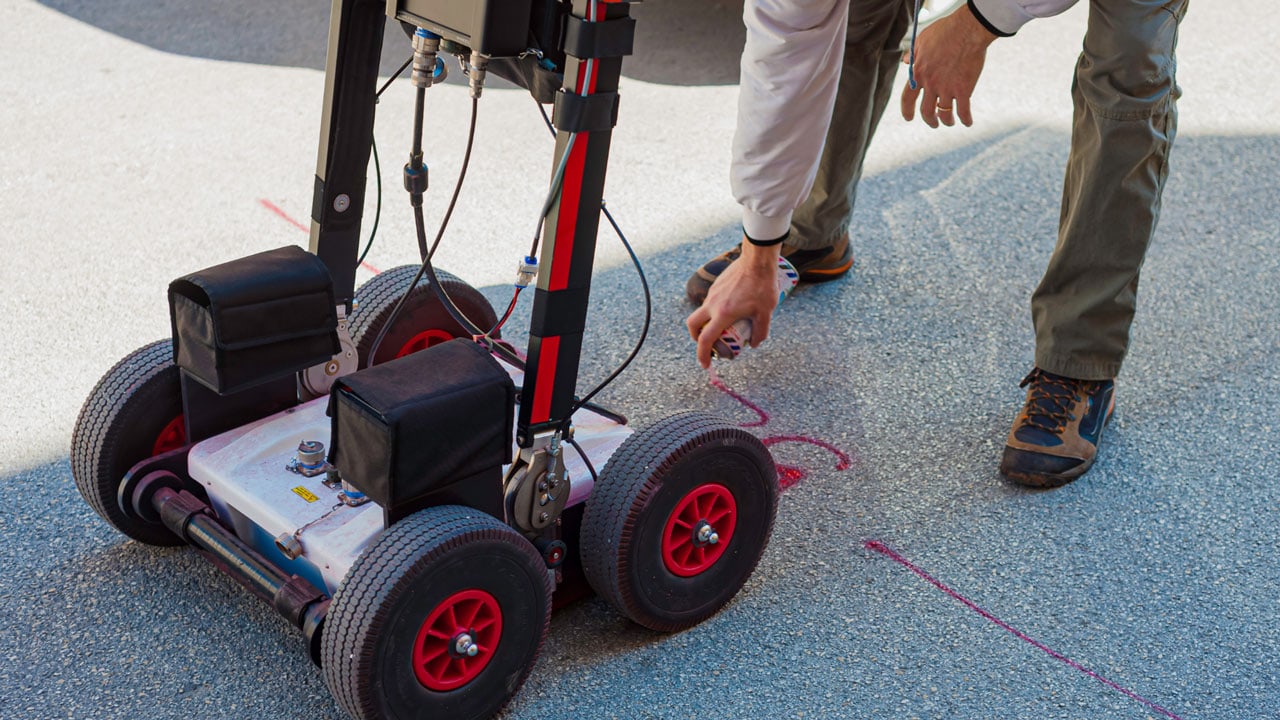Blockchain in Action: Real-World Applications and Case Studies
Blockchain technology, often associated with cryptocurrencies like Bitcoin, has evolved far beyond its initial scope. Today, its potential is being harnessed in a myriad of industries, demonstrating its transformative power. This article explores Blockchain in Action: Real-World Applications and Case Studies, delving into the practical uses of blockchain technology, showcasing case studies of blockchain implementations, and providing real-world examples of blockchain in use.
Practical Uses of Blockchain Technology
1. Supply Chain Management
One of the most compelling practical uses of blockchain technology is in supply chain management. Traditional supply chains are often opaque, making it difficult to trace the journey of products from origin to consumer. Blockchain provides a decentralized ledger that records every transaction in a transparent and immutable manner. For instance, Walmart has integrated blockchain to track the provenance of food products, significantly reducing the time needed to trace contamination sources from days to seconds. This enhances food safety and improves efficiency, showcasing the power of blockchain to revolutionize supply chain transparency.
2. Healthcare and Medical Records
In the healthcare sector, blockchain technology is proving to be a game-changer for managing medical records. With its ability to securely store and share data, blockchain addresses concerns related to patient privacy and data interoperability. Companies like MedRec are using blockchain to create a decentralized system for managing electronic health records (EHRs). This system ensures that patients have control over their health data while allowing healthcare providers to access comprehensive and accurate information, thus improving patient care and streamlining administrative processes.
3. Financial Services
Blockchain is transforming the financial services industry by providing a more secure and efficient way to process transactions. Traditional banking systems often involve multiple intermediaries, leading to delays and higher costs. Blockchain, with its decentralized nature, enables peer-to-peer transactions that bypass intermediaries, reducing costs and transaction times. Ripple, for instance, is leveraging blockchain technology to facilitate cross-border payments, offering a faster and more cost-effective alternative to traditional banking methods.
Case Studies of Blockchain Implementations
1. IBM Food Trust
The IBM Food Trust is a notable example of blockchain’s impact on supply chain management. This case study of blockchain implementations involves a network of companies using blockchain to enhance food traceability. By recording every step of the food supply chain on an immutable ledger, IBM Food Trust ensures that all stakeholders—from farmers to retailers—can track the journey of products in real-time. This not only boosts transparency but also helps in swiftly addressing issues related to food safety, thereby building trust with consumers.
2. Everledger and Diamond Supply Chains
Everledger, a blockchain-based platform, offers a compelling real-world example of blockchain in use within the diamond industry. Diamonds are notoriously difficult to trace due to their high value and the risk of conflict financing. Everledger uses blockchain to create a digital ledger that records the provenance of each diamond, from its origin to its final sale. This case study of blockchain implementations demonstrates how blockchain can combat fraud, enhance transparency, and ensure ethical sourcing in high-value industries.
3. Estonia’s Digital Identity System
Estonia has become a global pioneer in digital governance by implementing blockchain technology in its e-residency and digital identity systems. This practical use of blockchain technology allows Estonian citizens and e-residents to securely access various public and private services, including banking, voting, and health care. The blockchain infrastructure supports the secure management of personal data and digital identities, making it easier for individuals to interact with government services while ensuring their data remains private and tamper-proof.
Real-World Examples of Blockchain in Use
1. Voting Systems
Blockchain technology has shown promise in transforming voting systems, making them more secure and transparent. Pilot projects in countries like Switzerland and the United States have explored using blockchain for remote voting. The real-world examples of blockchain in use highlight its potential to eliminate voter fraud, ensure accurate vote counting, and enhance voter trust in the electoral process. By providing a tamper-proof record of votes, blockchain offers a robust solution for modernizing voting systems.
2. Intellectual Property and Royalties
Managing intellectual property (IP) rights and royalties can be a complex and opaque process. Blockchain technology offers a solution by providing a transparent and immutable ledger for recording IP ownership and royalty payments. Platforms like Ujo Music utilize blockchain to ensure artists receive fair compensation for their work by automating royalty payments and providing a clear record of usage. This practical use of blockchain technology addresses issues related to IP management and ensures that creators are fairly rewarded for their contributions.
3. Real Estate Transactions
In the real estate sector, blockchain is simplifying property transactions by reducing the need for intermediaries and paperwork. Platforms like Propy are using blockchain to facilitate property sales by recording transactions on a decentralized ledger. This real-world example of blockchain in use streamlines the buying and selling process, enhances transparency, and reduces the risk of fraud. By automating and securing property transactions, blockchain technology is revolutionizing the real estate market.
Conclusion
The Blockchain in Action: Real-World Applications and Case Studies underscores the transformative potential of blockchain technology across various sectors. From practical uses of blockchain technology in supply chain management and healthcare to case studies of blockchain implementations in the diamond industry and voting systems, the examples are compelling. As blockchain continues to evolve, its applications are expanding, offering innovative solutions to some of the most pressing challenges in today’s world. Embracing these real-world examples of blockchain in use not only highlights the technology’s versatility but also paves the way for a more transparent, secure, and efficient future.



